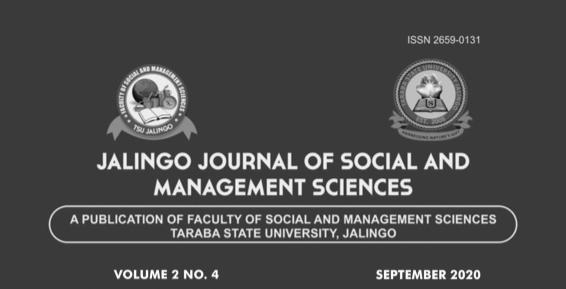Predicting Dishonest Behaviour in the Workplace, the Role of Organisational Climate and Locus of Control
Keywords:
Behaviour, climate, control, dishonest, locus, organisation, workplaceAbstract
The destructive effects of dishonesty have been highlighted in studies, but the recent reports of theft, fraud and other misdemeanours in the workplace call for more empirical investigation. Hence, the study aims at examining the roles of organisational climate and work locus of control as organisational and individual variables respectively on workplace dishonest behaviour. The study was set in Ibadan, South – Western Nigeria among employees of banks, manufacturing and telecommunication companies. The theories of high – risk workplace behaviours were used to explain why employees with the varied personalities and common work environment engage in dishonest behaviour such as time/property theft, counterproductive work behaviour and workplace abuse. Ex-post facto research design was adopted. With the aid of administrative personnel of each organisation, simple randomisation technique was used to administer 500 copies of questionnaire under the condition of anonymity and confidentiality. Three hundred and fifty-five copies of the questionnaire returned, but 328 were found usable. The usable questionnaires were processed and analysed using SPSS. The mean age and standard deviation of employees sampled were 34.61and 7.58 respectively. The hypothesis stated was test with linear regression analysis and revealed significant joint and independent effects of organisational climate and work locus of control on employee dishonest behaviour. Based on the findings, the study therefore recommends that management should adequately consider organisational climate and locus of control in order to reduce dishonest behaviours among employees.

Downloads
Published
Issue
Section
License
Copyright (c) 2023 JALINGO JOURNAL OF SOCIAL AND MANAGEMENT SCIENCES

This work is licensed under a Creative Commons Attribution-NonCommercial 4.0 International License.
